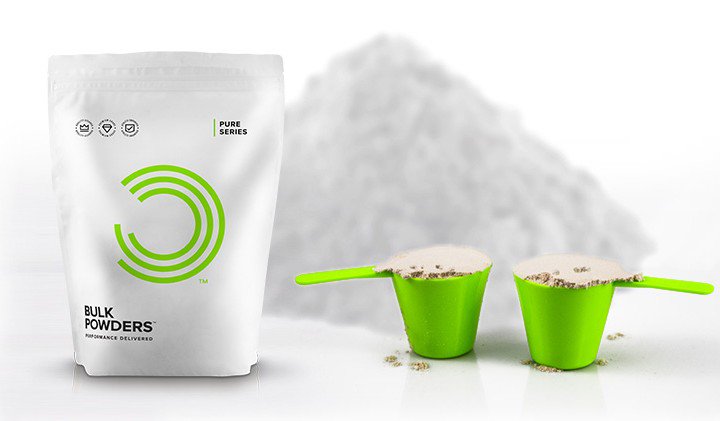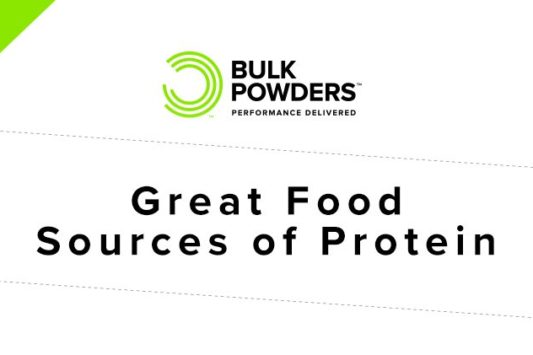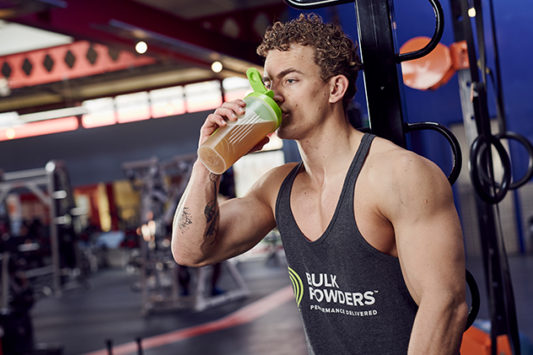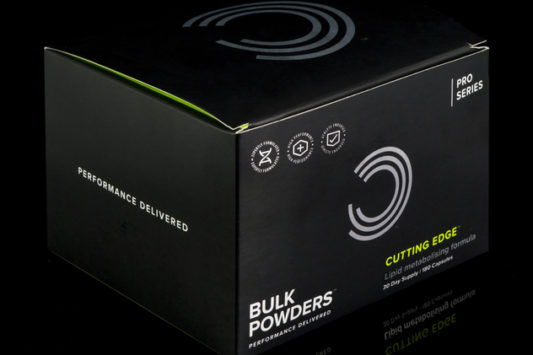Whey protein is one of the most popular, well-known sports supplements on the planet. But how much do you really know about choosing the best whey? Get your learn-on with our whey 101.
WHERE DOES WHEY COME FROM, ANYWAY?
The powdered whey protein we deliver to you in pouches actually starts off life as milk. Remember Little Miss Muffet eating her curds and whey (or is everyone at Bulk Powders HQ just getting on a bit?) Just as the nursery rhyme suggests, milk contains two proteins: whey and casein (cow’s milk has a 20 / 80 ratio). The whey can be separated from the casein (the “curds”), and this happens naturally when dairy producers make cheese. When it comes to making whey protein powder, things move way beyond milk and cheese. The liquid is filtered away, creating whey protein which is then dried. The powder will contain a little fat and some carbohydrates (as lactose), and a lot of protein (but check the percentage carefully to see what you’re getting for your money!)
The various types of whey protein powder are processed differently, which is why whey isolate is lower in lactose (milk sugars), carbohydrate and fats when compared to whey concentrate.
MEET THE TWO WHEY PROTEIN LEADERS
The most popular types of whey protein are Whey Concentrate (WPC) and Whey Isolate (WPI). Which should you choose? Or should you get both and use them at different times of day? Let’s have a look.
WHEY PROTEIN CONCENTRATE.
Whey protein concentrate is the most common and popular type of whey protein powder and is produced when milk is filtered, and the whey protein dried. It usually contains around 80% protein, a small amount of fat, and some carbs. The carb and fat numbers aren’t high, so it’s going to be fine for anyone on a regular diet, a mass-gain diet or even a cutting phase. Even if you need to get really nerdy with your numbers, the carbs and fats in a typical whey concentrate won’t mess with your macros.
Typical nutritional values of Pure Whey per 30g serving – 122 kcals, 24.2g protein, 2g fat, 1.5g carbs
Benefits: high protein, low carbs, low fat, good absorption, a complete protein, solid source of amino acids. Usually comes in a huge range of flavours (we have 18 in our Pure Whey Protein™ range) and is cost-effective and widely available.
Best for: topping up your protein numbers, pre- or post-workout nutrition, for using in smoothies or homemade shakes, or for making your own mass-gainers. Also great in proats or as a mix-in.
WHEY PROTEIN ISOLATE.
Whey protein isolate has been filtered further than whey concentrate, and has more of the fats and lactose (carbs) removed. It therefore has a higher protein percentage and is absorbed more quickly than whey concentrate. Because it’s low in lactose, it can be beneficial for people who have trouble with dairy products.
Typical nutritional values of Pure Whey Isolate 97 per 30g serving – 112 kcals, 29.3g protein, 0.09g fat, 0g carbs
Benefits: extremely low in carbs and fats, high in protein, low in lactose (so can be good for those who don’t tolerate dairy), absorbed quickly
Best for: your post-workout nutrition, when you might want a source of protein which will digest easily without any significant fat content to slow absorption. Bear in mind that whey isolates elicit more of an insulin response than whey concentrate protein powders.
DOES QUALITY MATTER?
Whey protein is considered a “complete protein”, containing all nine of the essential amino acids (they’re the ones our bodies need to get from a food or supplement source). But it’s still important to get the best quality protein you can. Luckily, good quality whey concentrates and whey isolates can be very cost-effective these days. Even if your budget is tight, you don’t need to get protein powders which mix horribly, taste bad and contain un-named fillers. Look for a whey protein with a high percentage of protein per serving (like our Pure Whey Protein™ which has 80% or our Isolate which has 97%), with minimal extra ingredients (the label information should be clear) and no unnecessary fillers.
The best whey for you is…
Hopefully you’re now a few steps closer to knowing whether whey protein concentrate or whey protein isolate is right for you. Pure Whey Protein™ (whey concentrate) is our most popular whey product and should be considered a great all-rounder which delivers a huge percentage of protein per serving at fantastic value. If you are lactose intolerant, or if you want a more filtered whey product, one of our whey isolates is what we’d suggest.
Related Articles
Ready to take your fitness journey to the next level? Our blog is full of insightful articles written by fitness & nutrition experts, all aimed at helping you achieve your goals. Browse through our selection of related articles below for more guidance and advice:
Cod Liver Oil Benefits Pure Whey Protein Vs Informed Whey
BCAA and Muscle Mass Supplements for General Health & Wellbeing
Best Carbohydrates for Endurance Informed Whey Vs Gold Standard 100% Whey
What Protein is Best for Me Best Supplements for Muscle Gain






